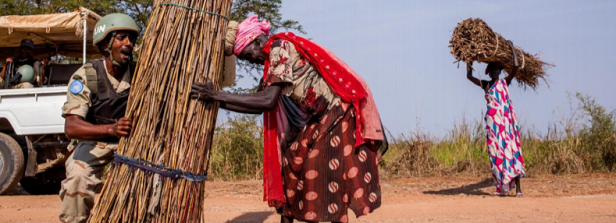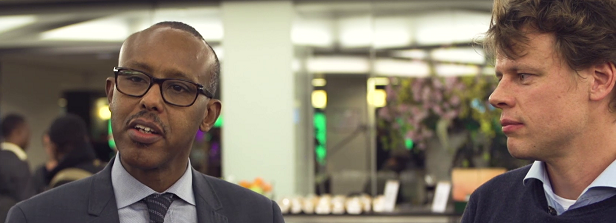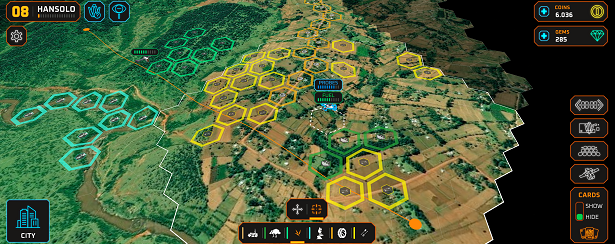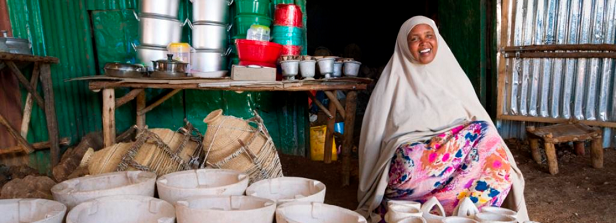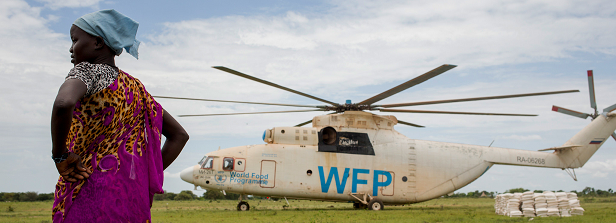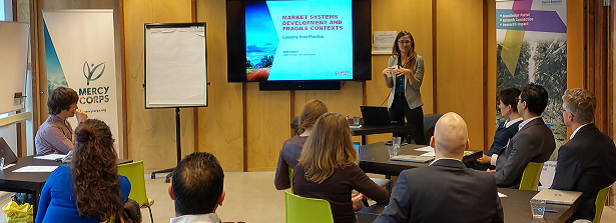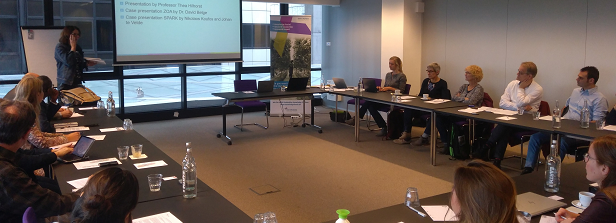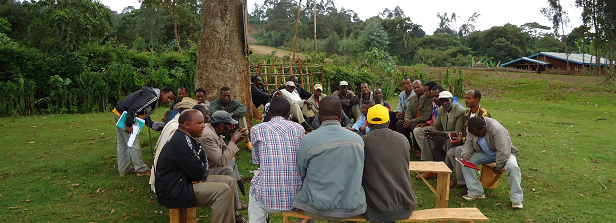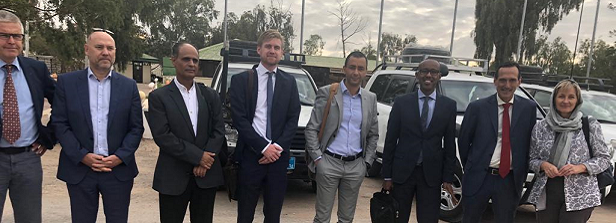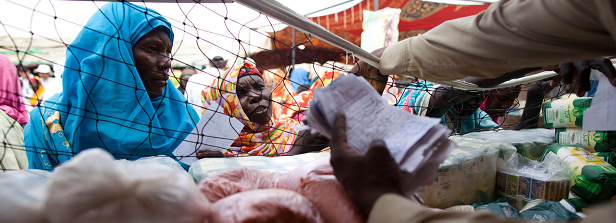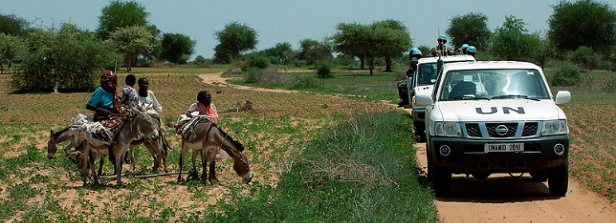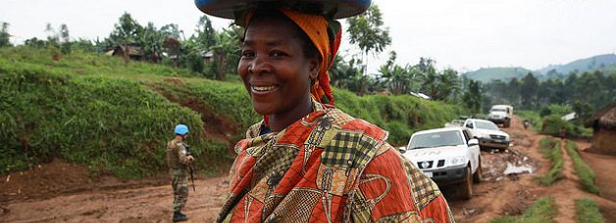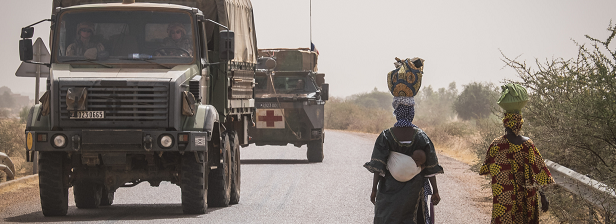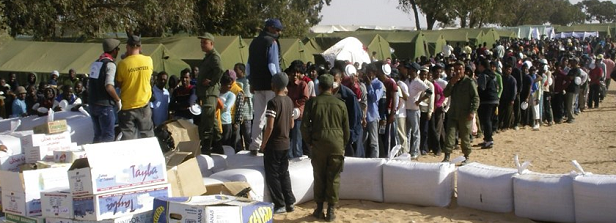Food security and stability
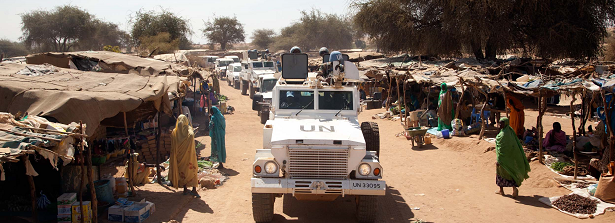
World hunger on the rise due to violent conflicts
After years of increasing global food security world hunger is rising again. This rise is concentrated mainly in countries affected by conflict and fragility where violent conflict results in destroyed crops, assets and infrastructure, displaces people, limits (safe) access to markets, prevents farmers from accessing necessary inputs and from planting and harvesting, among other effects.
Living in such precarious environments farmers and actors along the food chain employ various coping mechanisms that are at best detrimental to food availability, and at worst can contribute to further instability. Farmers for instance switch to activities with short-term yields, scale back production, sell productive assets such as tools and livestock, or can try to find off-farm employment which in extreme circumstances can include armed groups.
Promoting food security and resilience in instability and protracted crises
Increasingly, these situations of conflict extend into protracted crises that combine long term instability with food crises – caused by the breakdown of livelihoods and food systems. Still, agriculture accounts for two-thirds of employment and one-third of GDP in these contexts which means that the promotion of food system-based livelihoods and economic activity is a crucial piece of the puzzle for moving towards greater stability.
Enabling food production and markets to function in these difficult environments requires intervention strategies that build on the agency of local populations and community structures. For instance by promoting resilience of (rural) households, communities and food systems to livelihood shocks and food system disruptions. While Food and Nutrition Security interventions in more stable environments can find ways to contribute to conflict prevention and transformation.
Knowledge trajectory on the food security – stability nexus
With this knowledge trajectory the F&BKP aligns with the increasing realization that achieving SDG2 will not be possible without tackling the root causes of conflict and instability. The importance of this realization is underscored by the adoption of UNSC resolution 2417 in May 2018, recognizing the relationship between armed conflict and hunger.
The F&BKP knowledge trajectory on the relationship between food security and stability supports stakeholders working on these issues. Identifying effective intervention strategies and lessons by supporting and organizing expert meetings, workshops, papers and other knowledge activities with a focus on putting knowledge to work for improved policy and practice.
Specific knowledge needs to be addressed are identified jointly with an emerging community of practice. Key issues include how food security interventions can help work towards more resilient households, communities and food systems, how they can contribute to stability and can bridge humanitarian and development programming in protracted crisis areas.
